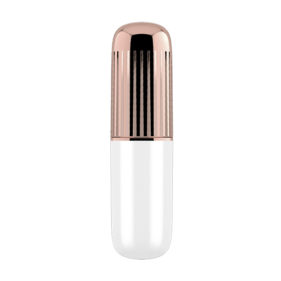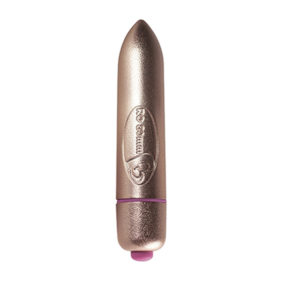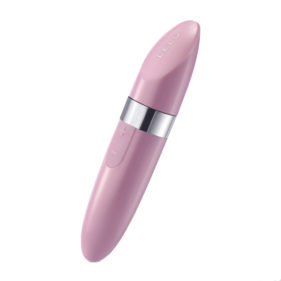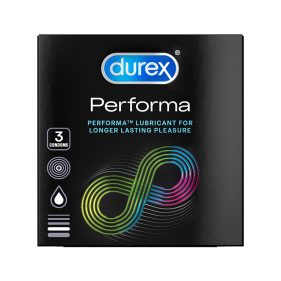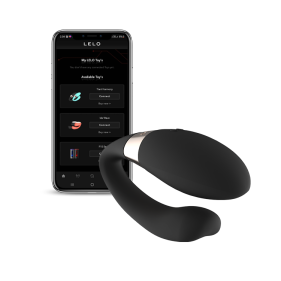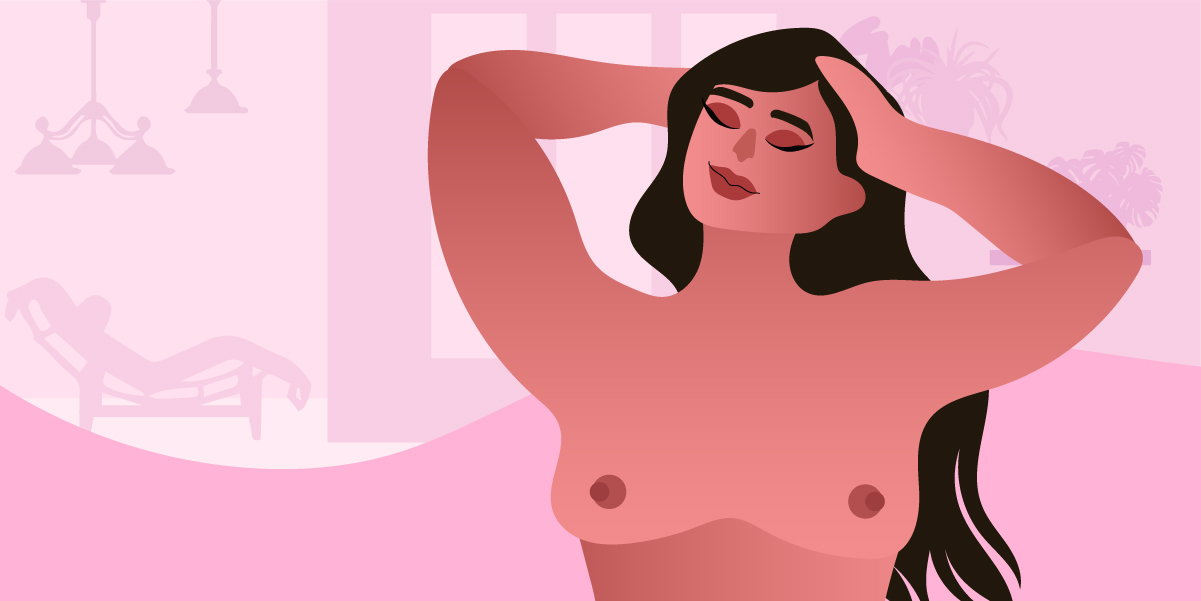
Disclaimer: The information provided in this guide is based on current research and includes references for further exploration. However, medical guidelines and knowledge can change over time. We strongly recommend consulting a healthcare professional for the most accurate and personalized advice regarding contraceptive pills in the Philippines or any health-related issue. Please also note that this guide is all about the birth control pill and would not be discussing emergency contraception or the “morning after” pill— that would be discussed in future guides.
Let’s talk about something we all agree on: having sex is awesome! Gone were the days when doing the deed was considered shameful. It’s fun, feels good, and is a great way to get intimate with your partner.
But, as with anything worth doing, it comes with its own set of risks that can really flip the script of your life if you’re not careful— like a surprise plot twist of an unplanned pregnancy.
That’s why it’s important to protect yourself by following safe sex practices, such as taking birth control pills.
Birth control pills are a go-to for many because they’re pretty straightforward to get your hands on and don’t involve any fancy procedures. Pop a pill daily, and you’re on your way. Sounds simple, right? Well, mostly, but there’s more to it— you’ll learn all about it in this guide.
We’re here to break down the basics of birth control pills and explore some of the available contraceptive pills in the Philippines. By the end, you’ll have a clearer picture to help you weigh your options and make the best choice.
What is a Birth Control Pill?
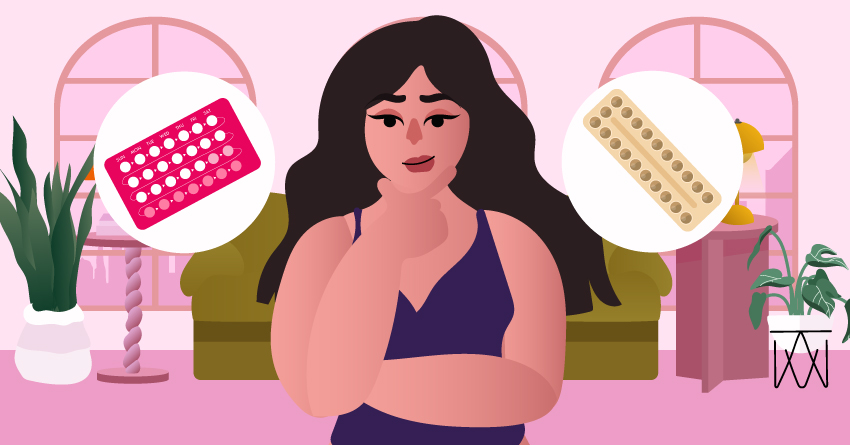
Birth control pills are a convenient method of contraception that may come in tablet form. They work by delivering certain hormones that prevent ovulation, which is the phase in your menstrual cycle when an egg is released and ready for fertilization.
If you engage in unprotected sex during ovulation, the likelihood of pregnancy increases significantly. But if you’re taking birth control pills, you’ll stop it from happening— if there’s no mature egg waiting for a sperm, fertilization and pregnancy won’t take place.
Other Benefits
One of the common misconceptions about using contraceptive pills in the Philippines is it’s exclusive for those who are sexually active. However, the truth stretches far beyond the goal of preventing unplanned pregnancies.
Birth control pills can actually be prescribed for a variety of health conditions, such as the following:
- Heavy periods
- Severe menstrual cramps
- Excessive Acne and Body Hair
- Premenstrual Syndrome (PMS)
- Perimenopause
- Endometriosis
- Polycystic Ovary Syndrome (PCOS)
- Ovarian Cysts
If you’re dealing with any of the health issues mentioned above, it might be worth considering birth control pills as part of your treatment plan.
However, it’s crucial to have a detailed discussion with your doctor. They can evaluate your health history, current condition, and overall needs to determine if birth control pills are a suitable and effective option for you.
Types
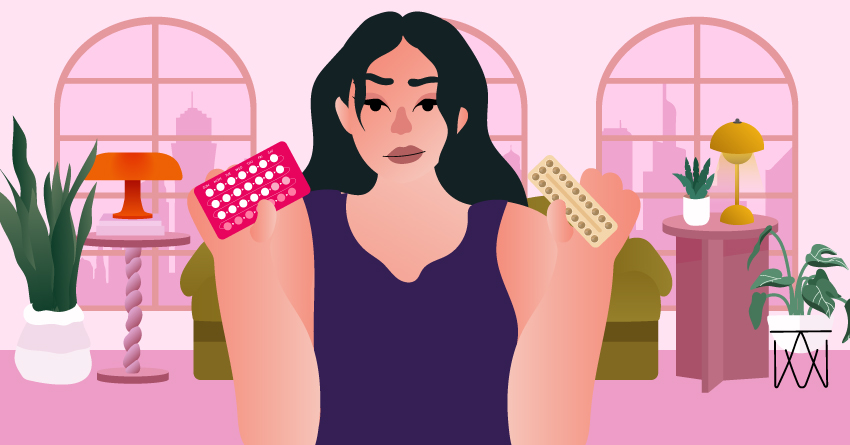
Birth control pills are broadly classified into two types, each designed to cater to different health needs and preferences. Understanding the distinctions between these types is essential for anyone considering birth control options. This knowledge enables informed decisions, ensuring the chosen method aligns with individual health requirements and lifestyle considerations.
Combined Oral Contraceptives (COCs)
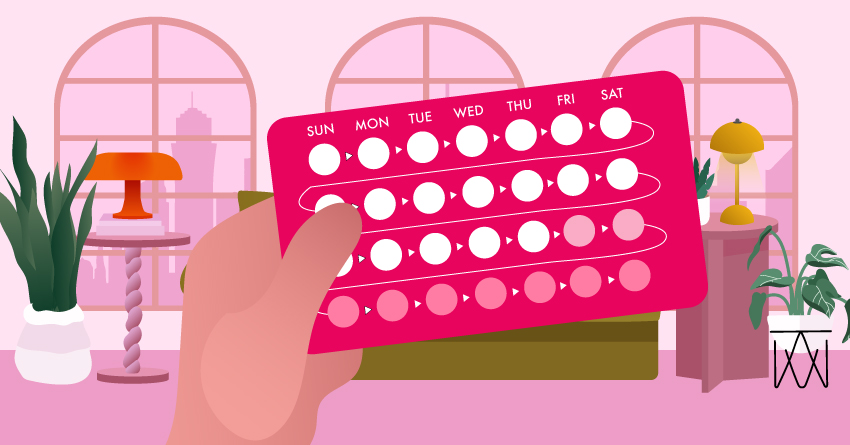
This type contains a combination of estrogen and progestin hormones and is known to be the most commonly preferred type among users. Its dual-hormone formula is designed to provide a highly effective method of contraception while also offering potential benefits for menstrual cycle regulation and symptom management for certain reproductive health issues.
Contraceptive pills in the Philippines that under this type are the following:
Ethinyl Estradiol + Levonorgestrel
- Lady – available at easyreach.ph | anna.ph
- Trust – available at easyreach.ph
- Minipil – available at Watsons
Cyproterone acetate + Ethinylestradiol / Cyproterone Acetate Ethinyl + Estradiol
- Althea – available at easyreach.ph | anna.ph
- Cybelle – available at anna.ph | Watsons
Drospirenone + Ethinyl Estradiol
- Yaz – available at anna.ph
- Yasmin – available at anna.ph | Watsons
- Lizelle – available at anna.ph | Watsons
- Liza – available at anna.ph | Watsons
Cyproterone Acetate + Ethinyl Estradiol
- Diane-35 – available at anna.ph
Ethinyl Estradiol + Levonorgestrel + Ferrous Fumarate
Estradiol valerate + Dienogest + Lactose 28
- Qlaira – available at Watsons
Desogestrel + Ethinylestradiol
- Marvelon – available at Watsons
Norethisterone + Ethinyl Estradiol + Ferrous Fumarate
- Micropil – available at Watsons
Progestin-only Pills (Mini Pills or POPs)

Progestin-only pills don’t come with estrogen, making it ideal for people who can’t take estrogen due to health conditions. Estrogen is generally not advised for people over 35 who smoke because this combination heightens the risk of blood clots.
Contraceptive pills in the Philippines that under this type are the following:
Lynestrenol
- Daphne – available at easyreach.ph | anna.ph
- Exluton – available at Watsons
Desogestrel
Note: This list of contraceptive pills in the Philippines is not exhaustive but an overview of what’s currently available online; not every birth control pill brand is included in this list. All the products mentioned also require a prescription from a healthcare professional; please consult with your doctor to obtain the appropriate prescription for these birth control options.
Effectiveness

Birth control pills are 99% effective in pregnancy prevention, but you’ll get to achieve this if you strictly follow the dosing schedule. If there are minor lapses here and there, then it’s about 91% effective. That said, make sure to follow the provided schedule or use other forms of contraception, such as condoms or natural family planning methods.
-
₱1,800.00
-
₱2,695.00
-
₱1,250.00
-
₱5,000.00
Side Effects & Risks
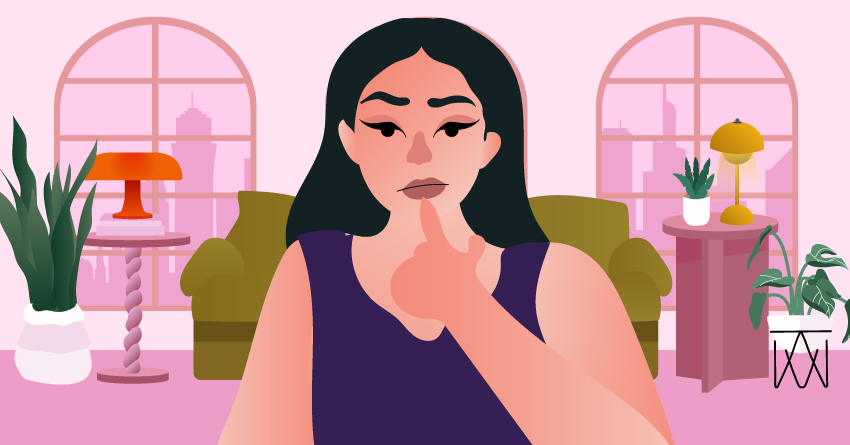
Like with other hormonal contraceptives, the pill comes with its own set of side effects and risks. Even though they usually last for the first few months, there are some rare cases where the side effects don’t disappear. This is why it’s important to know these side effects so you can determine if this contraceptive type works for you or if you prefer getting something else.
- Increase or decrease in vaginal lubrication
- Changes in sex drive
- Light or skipped periods
- Breast tenderness
- Breakthrough bleeding or spotting
- Mood changes
- Weight gain
- Nausea
As for potential health risks, research shows that hormone-based birth control methods, like the pill, can increase the chances of breast and cervical cancer.
There are also studies stating that combination pills can increase the risk of cardiovascular issues like stroke, heart attack, or blood clots. If your family has a history of any of these mentioned health issues, or if you have other conditions that increase your risk of having them, we strongly advise taking other forms of contraceptives, like the condom or copper IUD.
How to Use Birth Control Pills

As mentioned earlier, you’ll need to follow the dosage schedule of your contraceptive pills to fully achieve its 99% efficacy rate. If you’re wondering how the schedule usually works, below are the usual instructions for taking the pill.
Please note that some brands may have a different schedule, so note the instructions given by your healthcare provider or check the pill’s leaflet or packaging.
Combination Pills
Take one pill every day. No need to take it exactly at the same time, but it’s strongly recommended, so you’ll be able to track it better.
If you’ve missed a pill for 1 day, take the late pill as soon as possible, then proceed with the schedule as usual.
Now, if you’ve missed taking the pill for 2 or more consecutive days, you’ll need to take the most recent pill, then disregard the other previous pills (for example, if you’ve missed taking the pill for 3 days, take the latest missed pill, then discard the 2 other pills). Take the other pills as scheduled. However, you should avoid having sex or use backup protection for the next 7 days.
Progestin-Only Pills
This type requires stricter regulation, as you’ll need to take the pill within the same 3 hours every single day. If you’re taking the pill by 2 PM, you should take the next pill by 2 to 5 PM. Once the 3-hour window is done, you’ll be at risk of getting pregnant even if you’ve taken the pill for that day.
Did you miss a pill? Take the late or missed pill as soon as possible, then take the remaining pills within schedule. Just avoid having sex within the next two days since your protection has been compromised due to the missed dose.
-
₱150.00
-
₱150.00
-
Original price was: ₱190.00.₱165.00Current price is: ₱165.00.
Tips When Using Birth Control Pills
Opting for the pill as your chosen form of contraception? Fantastic choice! It’s super convenient and an effective way to manage your family planning if you’re not quite ready to conceive. However, to make sure it’s as effective as possible, there are a few extra steps you’ll want to keep in mind. Here are some friendly tips to help you get the most out of your birth control pills:
1Consult your healthcare provider first.

Getting contraceptive pills in the Philippines is pretty easy nowadays. You can get them at your local pharmacy, and for those who prefer discreteness and convenience, there are online stores that you can check out. However, you can’t get birth control pills without a prescription, so make sure to visit your doctor to get a prescription as well as recommendations based on current health status.
2Don’t have sex right away after taking your first pill.

One of the common misconceptions about birth control pills is they get effective just a day after taking them in. This isn’t the case; you must wait a few days before the pill provides full protection.
For combination pills, you should take the pill for 7 consecutive days before engaging in sexual activities. However, if you start within 5 days after the beginning of your period, then you’ll be protected from the pill after a day of taking it. But for good measure, we still recommend abstaining from the deed for 7 days or use a backup contraceptive like condoms.
For progestin-only pills, the waiting time is a lot shorter. You’ll get protected after 2 days of taking the pill.
-
₱9,000.00
-
₱1,700.00
-
₱150.00
-
₱1,200.00
3Use an alarm or birth control pill reminder to prevent missed days.
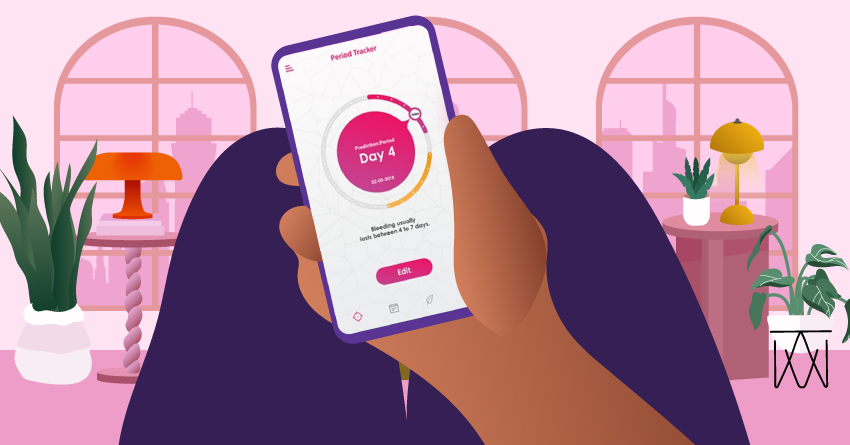
Consistency is key with the pill. Try taking it at the same time every day— install a birth control pill reminder app or set an alarm so you won’t miss out on the doses. Synching it with a regular activity can also do wonders. For example, you can take the pill right after your nightly skincare routine or before your morning shower.
4Use condoms for full protection.

Contraceptive pills are great at preventing unintended pregnancies, but they can’t protect you from sexually transmitted infections, such as chlamydia, gonorrhea, syphilis, and HIV. If you’re having casual encounters, you still need to use condoms.
-
₱350.00
-
₱150.00
-
₱99.00
5Observe the side effects.
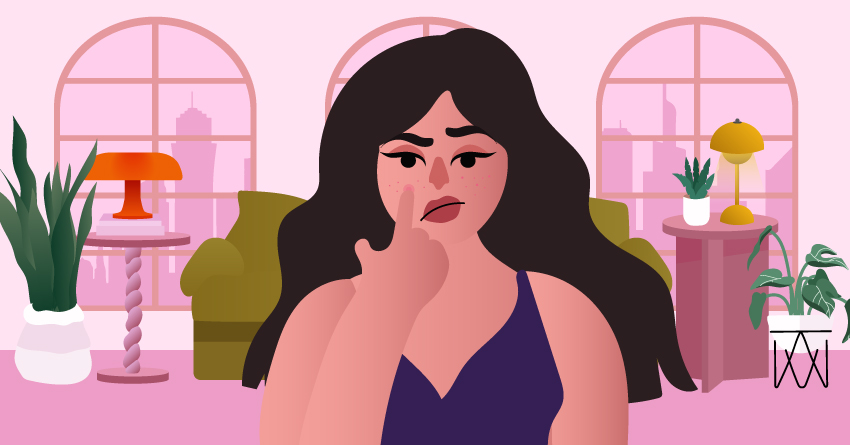
It’s normal to have side effects when taking the pill, but if certain side effects are getting severe or if it has been bothering you for more than six months, you may need to consult your doctor. There may be underlying conditions that may have contributed to these symptoms.
Takeaway
As we bring our guide to contraceptive pills in the Philippines to a close, we want to emphasize how personal and unique your contraception journey truly is.
While the pill has revolutionized family planning and offers numerous benefits, it’s important to recognize that it might not be the perfect fit for everyone. Various factors, such as pre-existing health conditions, could limit your ability to use hormonal birth control safely. Moreover, lifestyle considerations—like having an intensive job that keeps you on your toes and perhaps a bit forgetful—might make daily pill management challenging.
And you know what? It’s absolutely fine to switch lanes if the contraception method you’re on doesn’t vibe with you anymore. Our bodies and lives evolve, and our contraceptive needs are right along with them.
So, as we wrap up, remember this: your body, your rules. Whether the pill becomes your go-to or you decide to explore other avenues, it’s all about making empowered choices that suit you.

